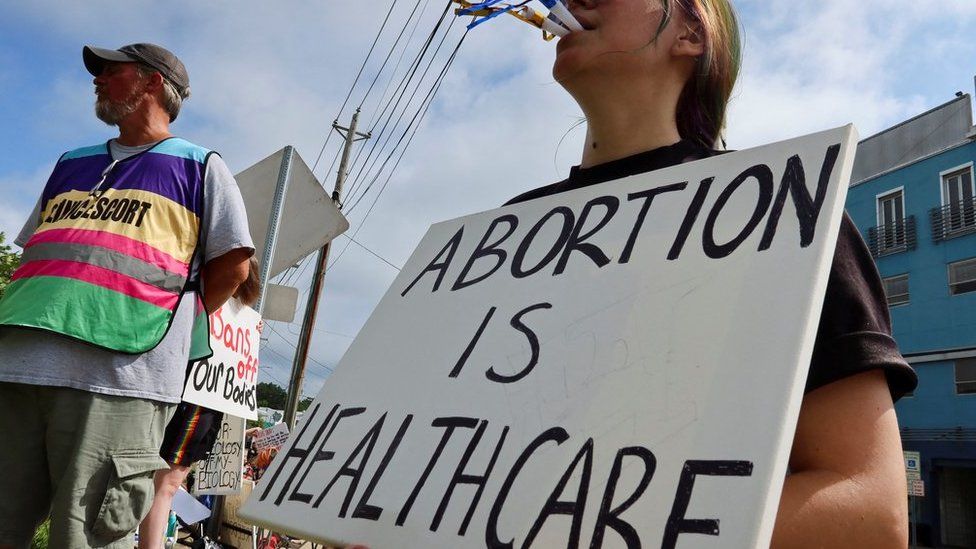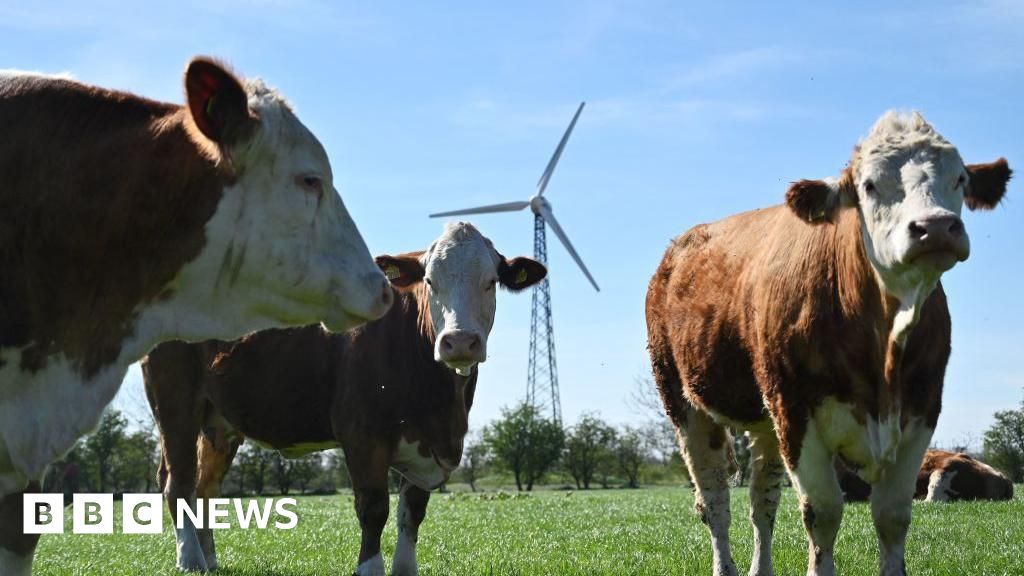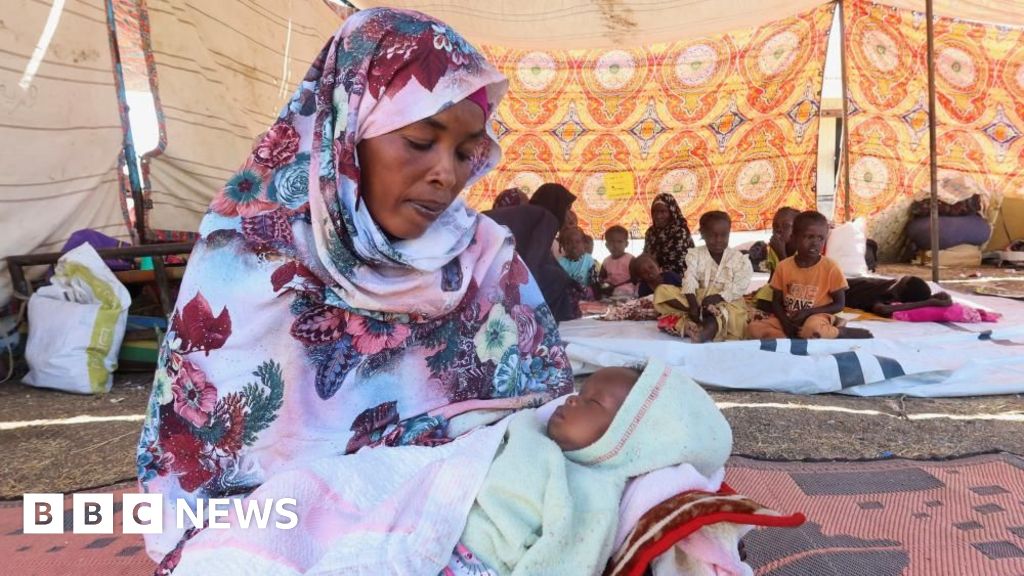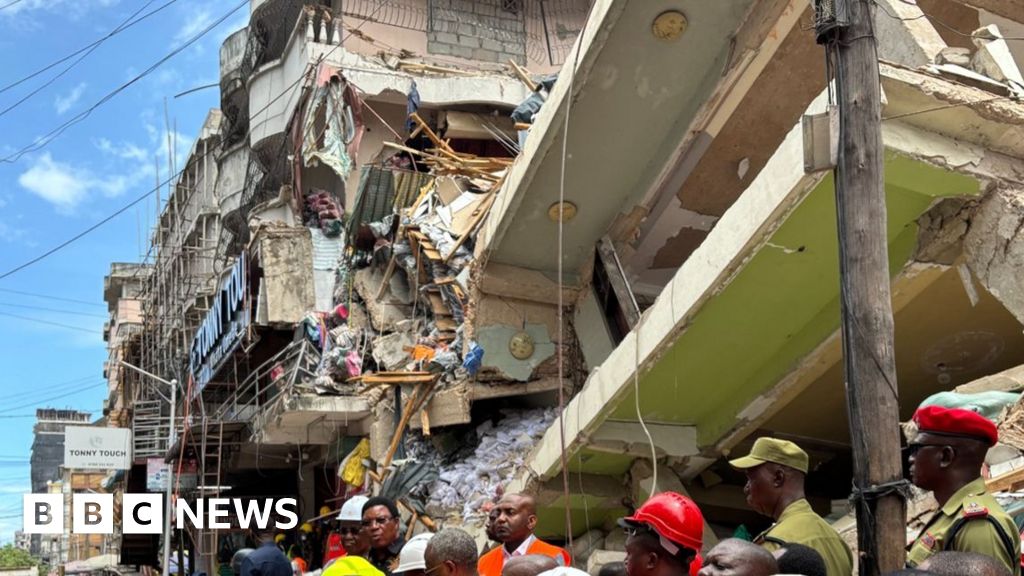ARTICLE AD BOX
 Image source, Reuters
Image source, Reuters
The only abortion clinic in Mississippi has shut as a near-total ban on the procedure takes effect in the state.
Jackson Women's Health Organization, the clinic at the heart of the US Supreme Court case reversing Roe v Wade, stopped giving abortions as the "trigger law" comes into force following the decision.
The ruling has left individual states to decide on abortion rights.
Battles over bans it triggered are now playing out around the US.
In Mississippi, the state ban that has been triggered prohibits abortions at any point of a pregnancy, forcing Jackson Women's Health to stop giving the procedure.
On Wednesday, it's last day of operations, protesters clashed outside the clinic as it sought to see as many patients as possible before ending abortion services.
On Twitter, volunteers who help escort patients into the clinic tweeted a series of images of defiant signs left outside on the morning after it performed its final abortions.
The messages include "this clinic is a refuge" and "these people, this place, has saved my life".
"Abortions will continue, but safe, regulated, medical procedures will be greatly hampered across the country, next to non-existent for many people here in [Mississippi] who don't have the resources to gain access," the volunteers group wrote. "People are going to find out the hard way what the Jackson Women's Health Org meant to this community and state".
Inside a US abortion clinic in its final days
The Mississippi "trigger law" was passed in 2007 and written to go into effect ten days after a Supreme Court reversal of Roe v Wade. The law carries penalties of up to 10 years in prison for violations, and provides exceptions only in cases of danger to the life of the mother or rape that has been reported to law enforcement.
The law was due to come into effect on Thursday, after a last-minute effort to block it failed.
Some 13 states, primarily in the US south and mid-west, had similar laws designed to come into effect after Roe v Wade - which guaranteed a constitutional right to abortion - was overturned.
At least nine states have instituted a near-total ban, with the only exception being danger to the life of the mother.
Other states are now scrambling to protect abortion access amid legal challenges, while clinics are struggling to navigate patchworks of new laws.
States where abortion will remain legal are taking measures to protect those travelling from other jurisdictions. For instance, the Democratic governors of Colorado and North Carolina on Wednesday issued executive orders to protect abortion providers and patients from extradition to places that have banned the practice.
Meanwhile, one of the largest abortion providers in Texas, Whole Woman's Health, has said it is planning to move its operations to New Mexico, and has started a fundraising effort to help with the costs of moving equipment and supplies.

 2 years ago
21
2 years ago
21








 English (US)
English (US)